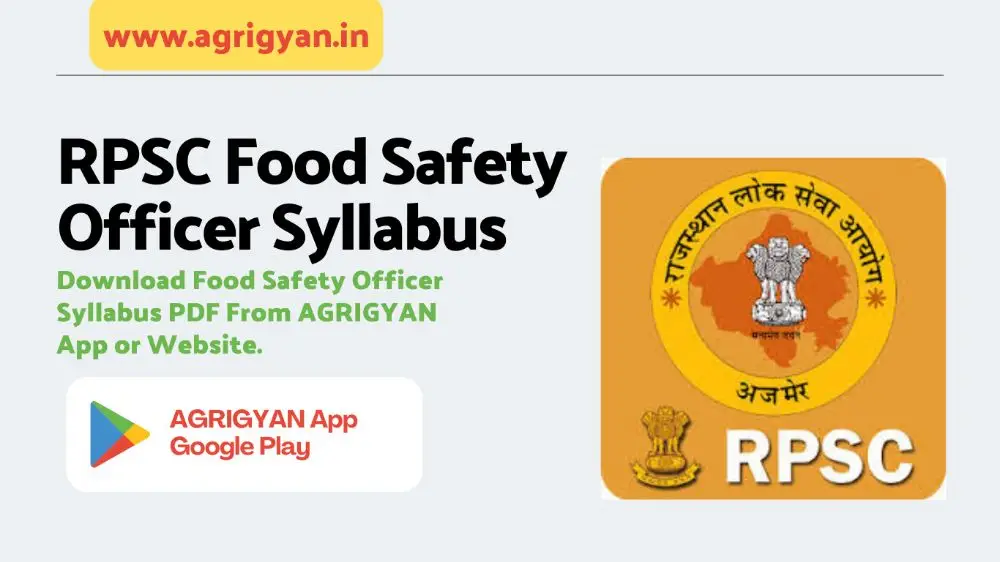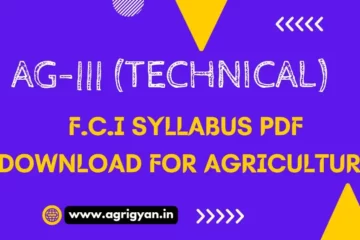Chemistry
- Chemical bonds and forces, concept of ph and buffer, thermo chemistry, chemical equilibrium, chemical kinetics.
- Aliphatic and Aromatic hydrocarbons- concept of aromaticity, methods of preparation and chemical properties of alcohols, phenols, aldehydes, ketones, carboxylic acids, nitro compounds and amines.
- Different methods of purification, qualitative and quantitative analysis.
- Solutions- concentration terms.
- Liquid properties, surface tension, viscosity and its applications. Surface chemistry-adsorption.
- Homogeneous and heterogeneous catalysis, colloids and suspension.
|
|
Micro-Biology
- Types of micro organism associated with food, their morphology and structure, factors affecting their growth, microbiological standards, sources of micro organism in food.
- Some important food spoilage micro organisms, fermentation– definition and types, micro organisms used in food fermentation, dairy fermentation, fermented foods- types, methods of manufacture for vinegar, sauerkraut, soya sauce, beer, wine and traditional Indian foods.
|
Bio-Chemistry
- Biomolecules – carbohydrates, proteins, lipids, and nucleic acids, their classification, structure, biosynthesis, metabolism, and calorific value.
- Enzymes– classification, kinetics, factors controlling enzyme activities, enzymes used during food processing, modification of food by endogenous enzymes, Vitamins, and their types.
- Minerals– important minerals and their functions in human body.
- Plant alkaloids and their uses.
- Animal and plant toxins.
- Toxic substances and their metabolism- pesticides, metals, food additives, etc.
|
Biology
- Classification- five kingdom system up to phylum, plants, and animal products used as food by human. Culture of animals used as food.
- Eukaryotic and Prokaryotic cells.
- Types of cells, animal tissues, and organs.
- Human physiology Nutrition and Digestion.
- Respiration– respiratory pigment, transport and gaseous exchange.
- Excretion- structure of kidney and urine formation,
- Circulatory system– Heart, Blood vascular system, blood and its components.
- Nervous system– conduction of impulses. Muscular system- types of muscles and muscle contraction. Reproductive system.
- Endocrine system– hormones and their role.
- Immune system– types of immunity, antigen-antibody reaction, Diseases- deficiency diseases, communicable diseases and diseases caused by animals (protozoans, helminths, arthropods).
|
Genetic and Statistical Analysis
- Genetically modified plants and animals.
- Plant and animal tissue culture and its application,
- Importance of GM crops and their products,
- Environmental biotechnology- pollutants, Biomagnification, and microbial bioremediation.
- Statistical analysis– mean, median, mode, standard deviation, regression and correlation, T-test, variance, chi-square test.
|
Agronomy and Horticulture
- Salient features of agriculture with special reference to Rajasthan.
- Soil Fertility and Management of Problematic Soils in Rajasthan.
- Introduction to Dry land Farming and Agro-forestry.
- Introductory knowledge about Production Techniques of important field crops (Wheat, Mustard, Groundnut, Pulses, Bajra, Maize).
- Horticultural crops (Citrus, Mango, Guava, Ber. Onion, Tomato, Cucurbits, Chilli, Rose etc.)
- Spices and Medicinal crops (Cumin, Fenugreek, Fennel, Coriander, Isabgol, Aloe vera, etc.)
- Important diseases and Pests of major Crops and their Management.
- Importance of agriculture marketing.
- General awareness about Seed science and Crop Physiology.
|
Livestock
- Importance of Livestock in Economy of Rajasthan.
- Fundamentals of Livestock and Poultry Production.
- Artificial insemination and Pregnant animal management.
- Laboratory diagnostics, Important diseases of livestock and their management.
- Present status of Milk and Milk products.
- Milk production and quality of milk.
- Milk processing and packaging.
- Dairy equipment and utilities.
- Introduction to livestock products.
|
Food Technology
- Present status of Food Technology in India and Rajasthan.
- General methods of food preservation and food processing.
- Importance of Post-harvest technology of fruits and vegetables.
- Technology for processed products like Squash, Jelly, Sauce, Pickles, etc.
- Post-harvest Physiology and handling of fruits and vegetables.
- Types and functions of Packaging materials used in fresh and processed food.
- Food laws brief review of regulatory status in India (FPO, Prevention of Food adulteration Act, Food Safety and Standard Act, Testing Food for its Safety, AGMARK), Hygiene and Sanitation (HACCP, Good Manufacturing Practices, Good Laboratory Practices, etc.)
|
|






Community Discussion
Share your farming experiences and insights